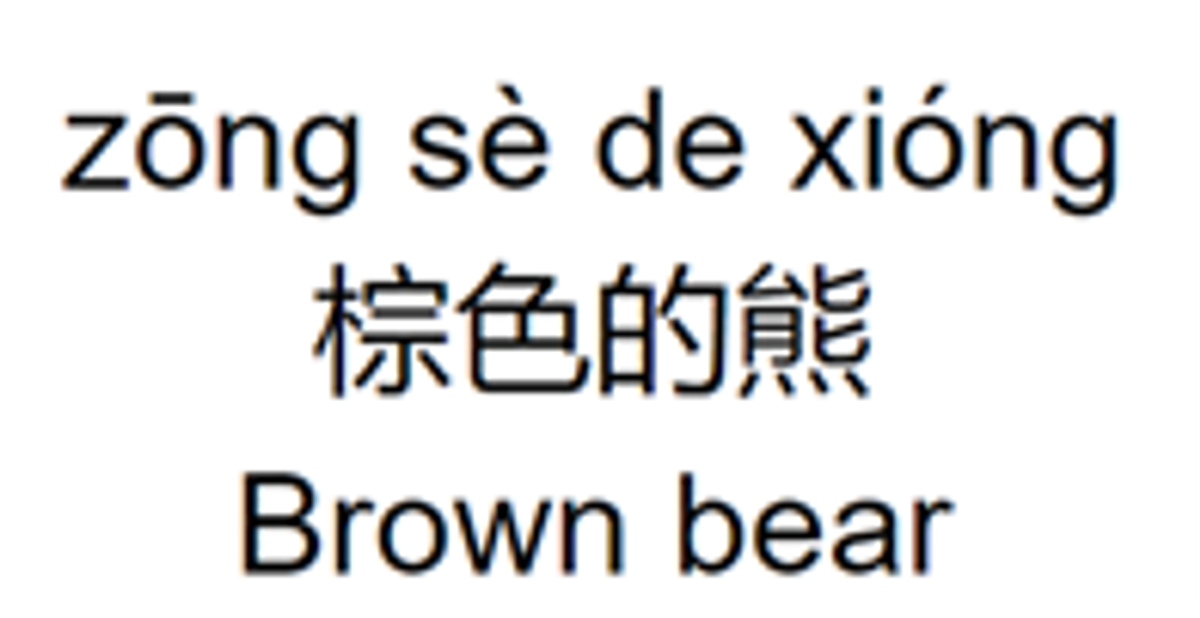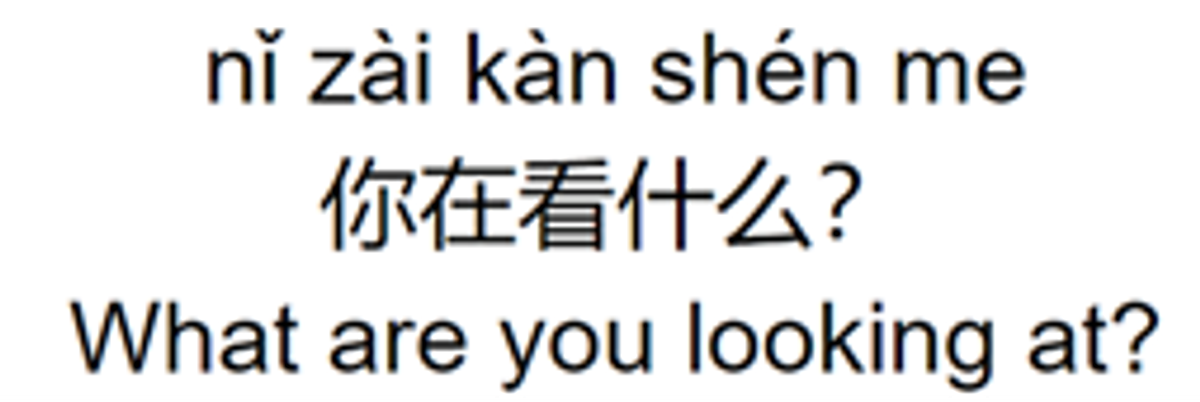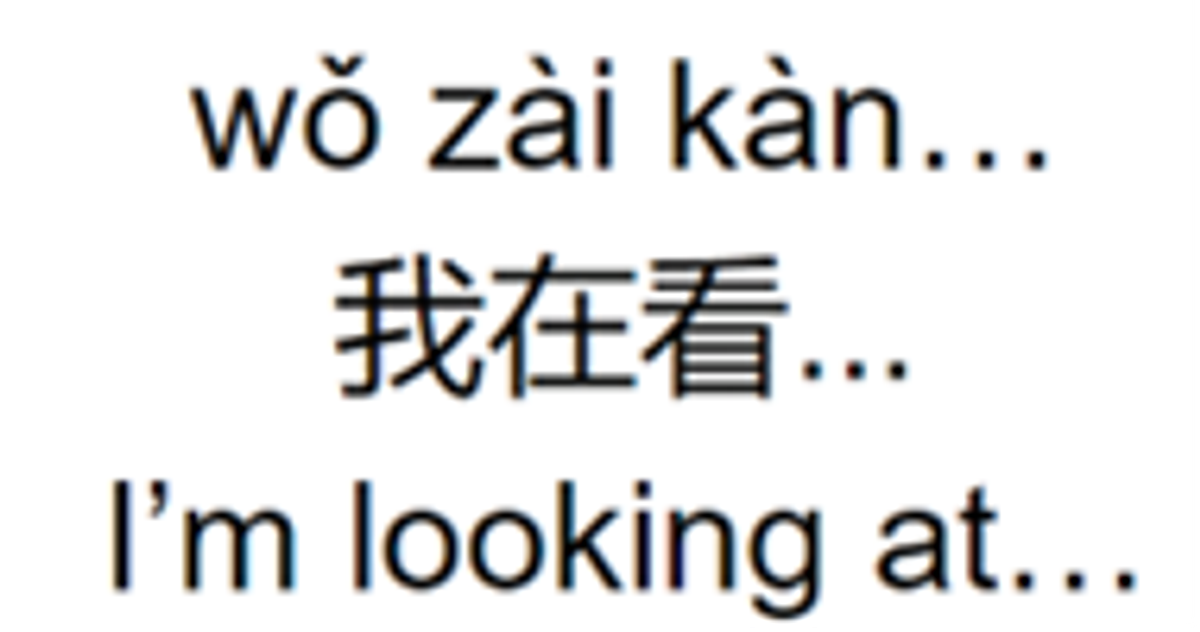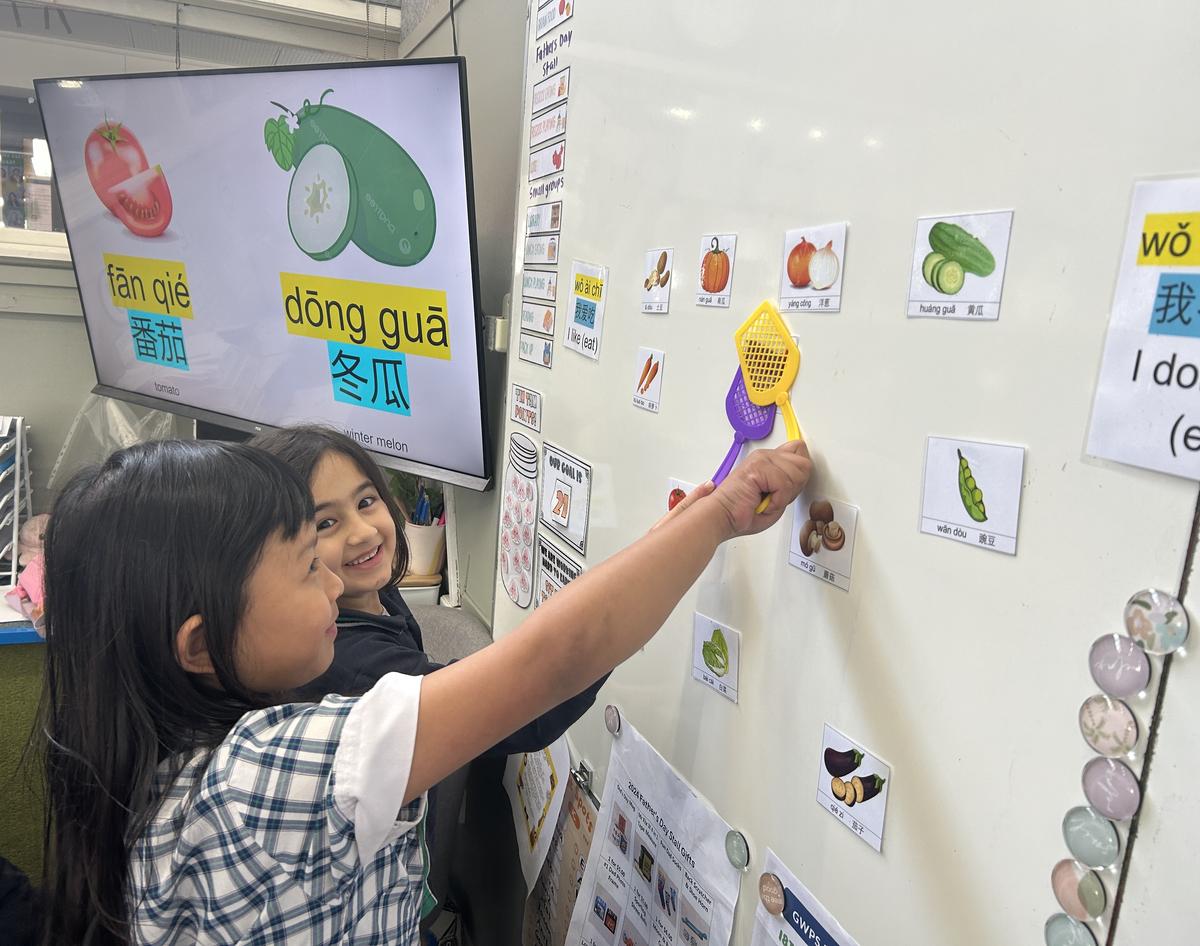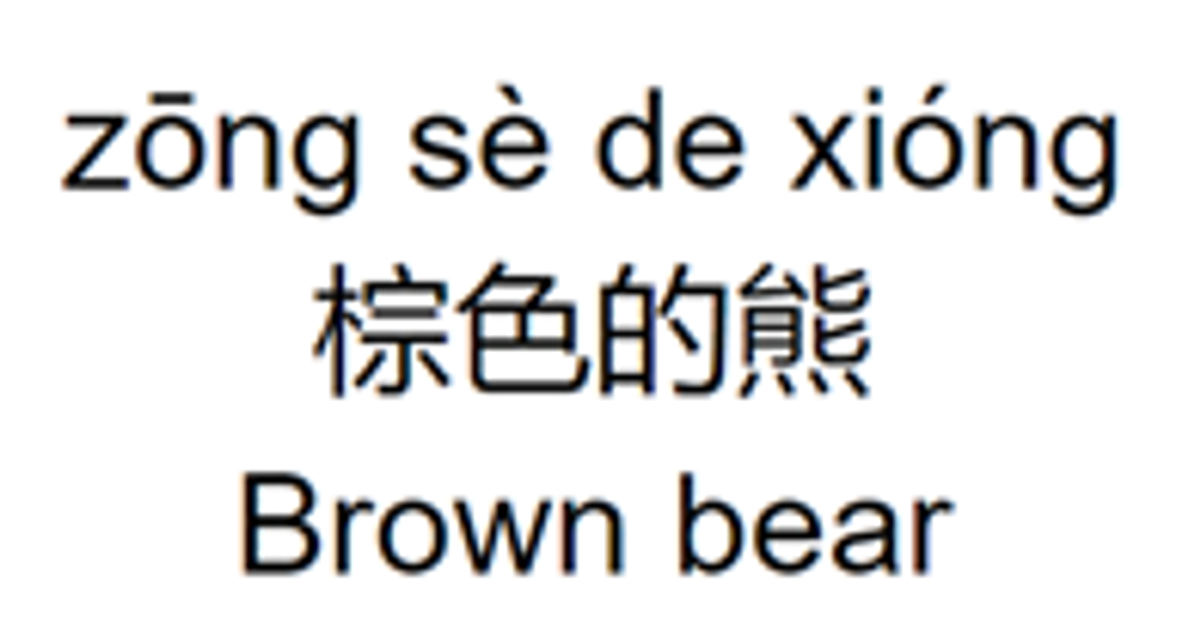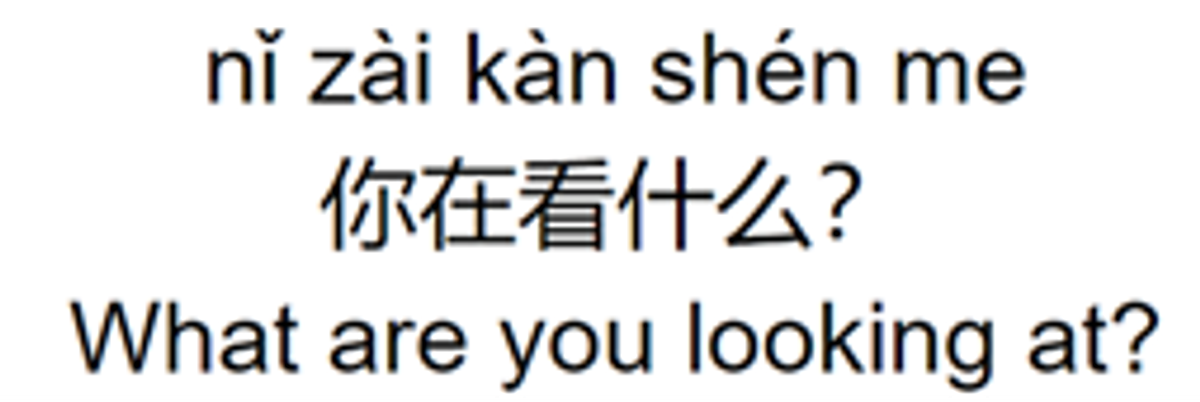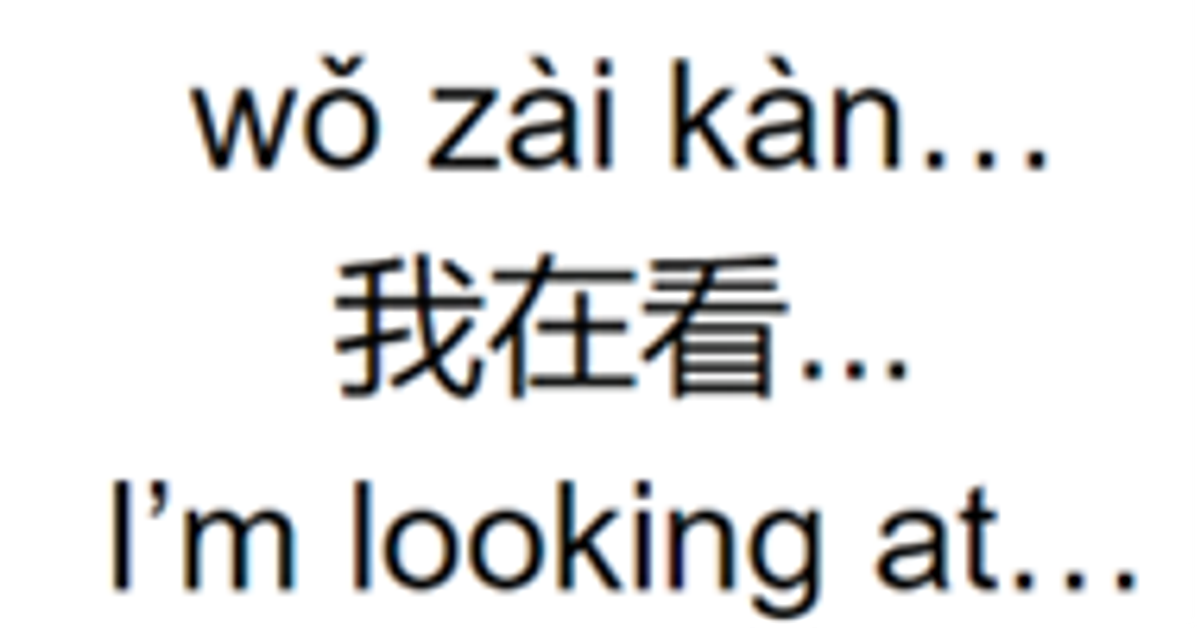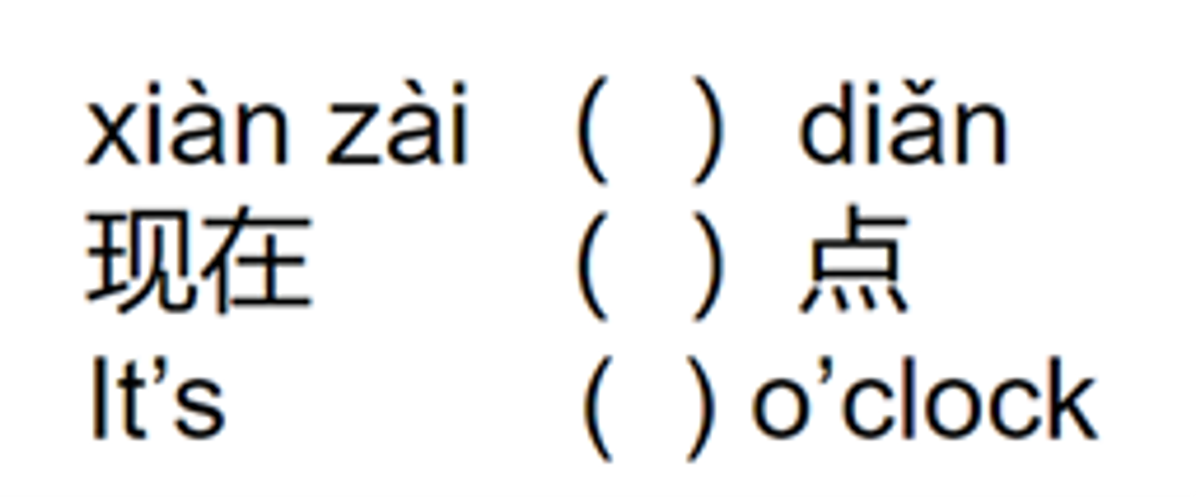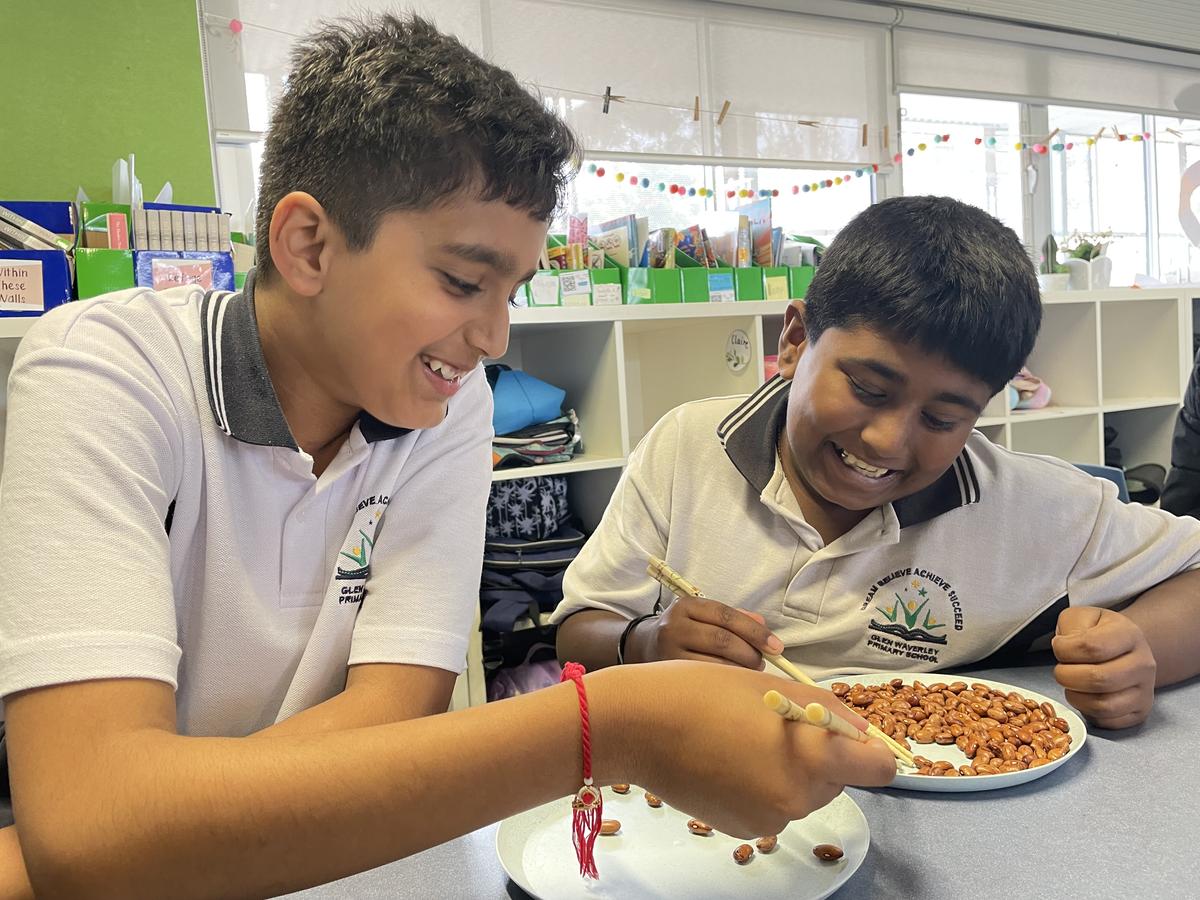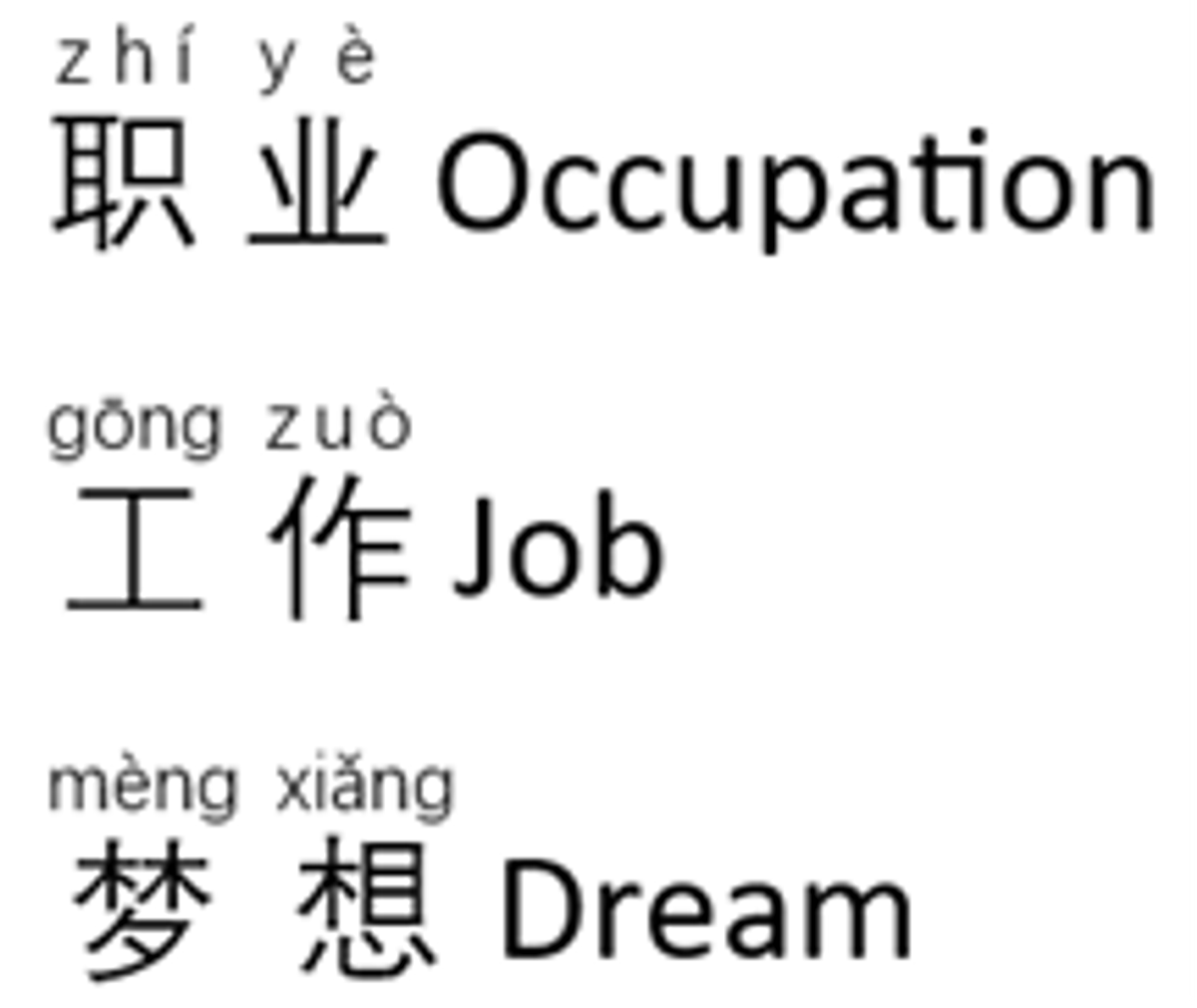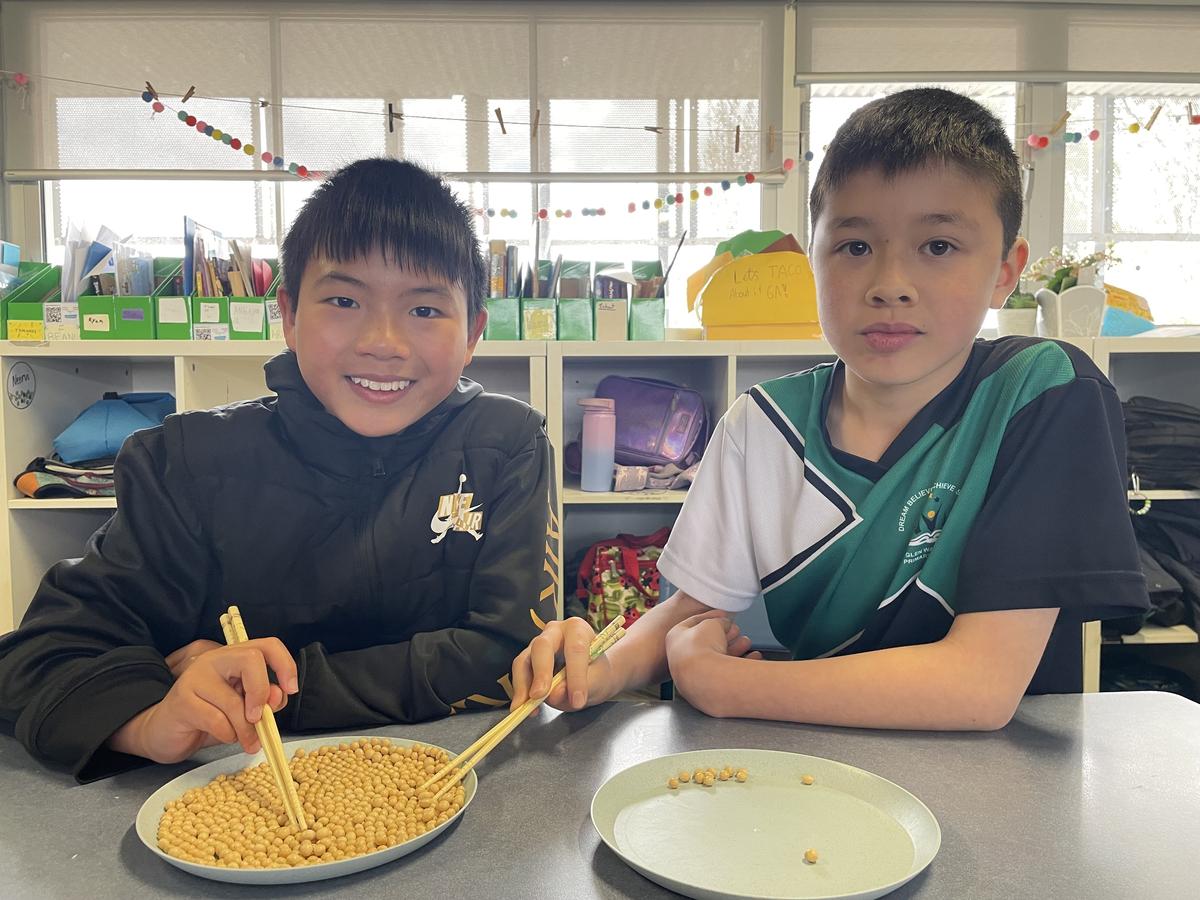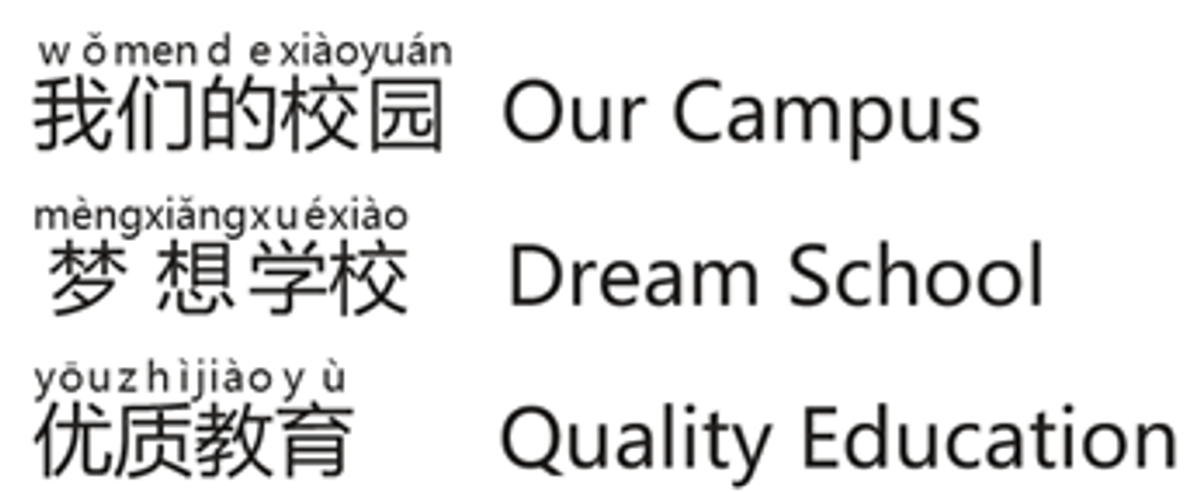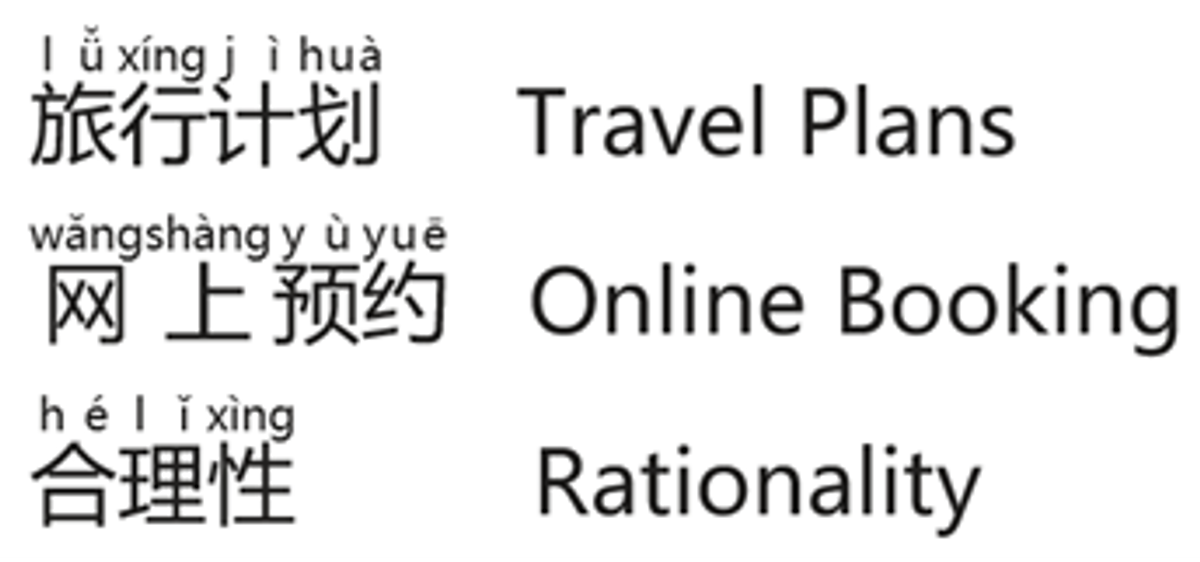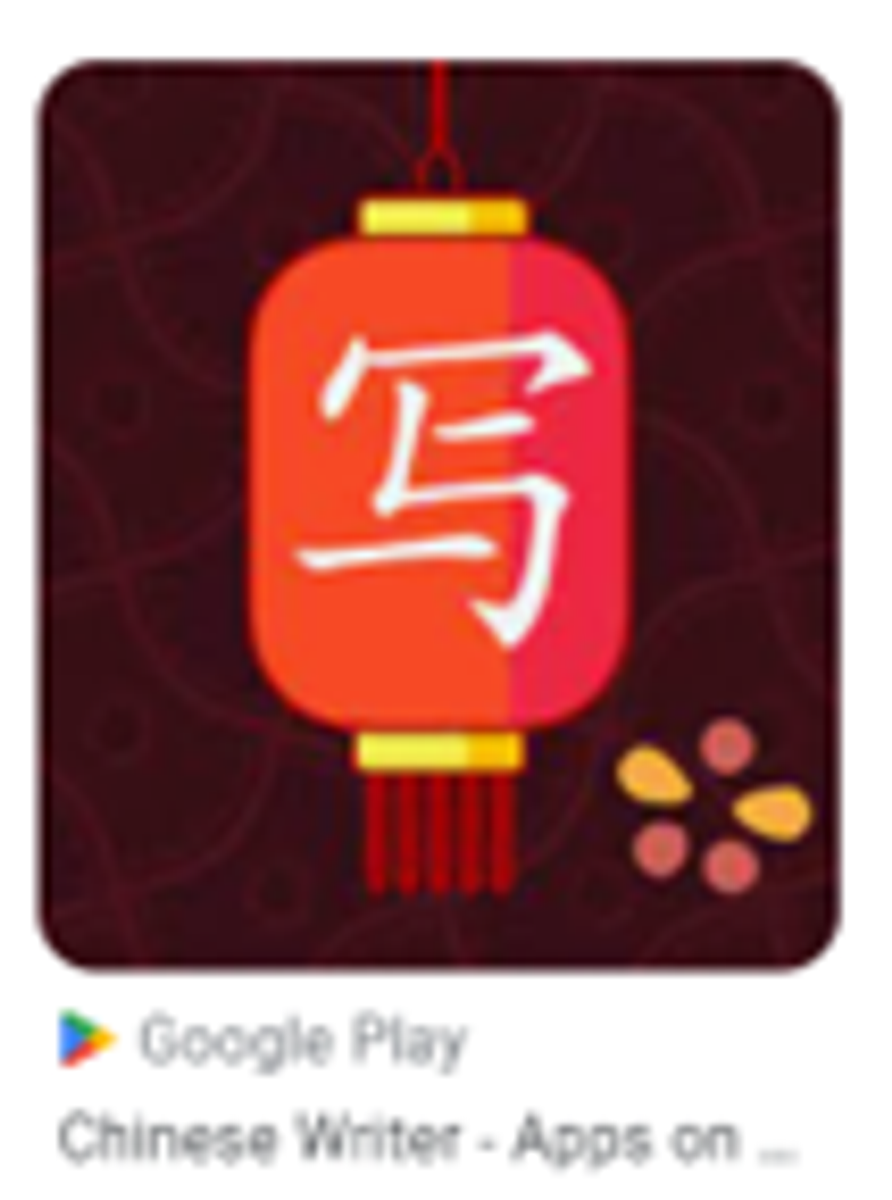Languages

Welcome back to the last term of the school year for 2024. We trust that all members of the GWPS community had a fabulous holiday break. It has been wonderful to see the enthusiasm and joyfulness in Language classes. During Term Four, students will continue building their language skills in a multicultural environment and learn Mandarin at different levels. There is much exciting learning planned and coming up. Please check the following and stay tuned.
Prep
In Term Four, Preps will be introduced to some cultural background knowledge and body parts in Chinese, including head, face, hands, ears, eyes and mouth. Students will keep discovering the ways to express themselves using Pinyin sounds. Through singing songs and playing language games, they will soon develop an understanding of talking about our body parts and demonstrate an ability to apply Chinese language in their everyday life. As a transfer, they will demonstrate their learning by creating their ‘Mr potato’ that contains learnt vocabulary and sentences.
Curriculum links:
Participate in class routines, structured conversations and activities using teacher-modelled tones and rhythms (VCZHC001)
Locate and present information about familiar objects, people and personal interests using visual and contextual cues (VCZHC004)
Key vocabulary:
Year 1
Year 1 students have started to explore the topic of Animals. In this term, they are expected to build an ability to talk about their favourite animals, such as cats, dogs, fish, birds and rabbits. Students sing songs to practise the pronunciation of key vocabulary and combine them with verbs to comprehend their expression. Through learning words and phrases about Animals, students will have opportunities to transfer the knowledge to storytelling. ‘Brown bear’, a role play will be held by Year One students to demonstrate their outstanding language skills.
Curriculum links:
Respond to and create simple Chinese stories, songs and rhymes, reproducing rhythm and sound patterns to express feelings (VCZHC005)
Identify equivalent or similar Chinese words or phrases for familiar objects or terms in English (VCZHC007)
Key vocabulary:
Year 2
In Term Four, students will be learning the Chinese language of Time. They will begin to read the clock and talk about the time. Through playing the game ‘What time is it, Mr. Wolf?’ students will explore and practice the core vocabulary and phrases. They will demonstrate the ability to apply Chinese language in collaborative activities and transfer it to a broader community. To celebrate their learning journey, learners will create their daily schedule by combining this new topic with previous knowledge.
Curriculum links:
Locate and present information about familiar objects, people and personal interests using visual and contextual cues (VCZHC004)
Understand that Chinese sentences have a particular word order (VCZHU012)
Key vocabulary:
Year 3
Students in Year 3 will be focusing on the language around introducing their cultural background in Chinese. They will learn to identify the vocabulary for countries and nationalities and develop their topic-related conversation skills. In addition, students will also be investigating animals and famous places in different countries and then sharing this information with their peers. By the end of this unit, they will create a booklet by giving information including their name, age, nationality, where they live, the languages they speak, etc., as this would allow the students to recall from previous learning.
Curriculum Links:
Obtain and process information about countries (VCZHC017)
Reproduce key Chinese characters from familiar contexts using stroke types and sequences (VCZHU027)
Key Vocabulary:
Year 4
This term, the Year 4 language learning will focus on “Jobs and Occupations”. Having a grasp on jobs and occupations helps the students explain their aspirations and instils a sense of respect towards every profession. Students will first explore verb phrases of various hobbies and then develop these more deeply into sentence structures. From the global perspective, they will deepen their cultural knowledge and understanding. They will be given a learning opportunity to inquire about the most needed jobs in different countries and present their findings in various ways.
Curriculum Links:
Exchanging ideas and opinions with teachers and peers (VCZHC017)
Convey this information using learnt phrases and keywords (VCZHC019)
Key Vocabulary:
Year 5
Students in Year 5 will develop the ability to use complex sentence structures in Chinese to introduce their school setting and learning environment. As part of an inquiry study, students will research the similarities and differences between schools around the world, highlighting their preferences and opinions about what quality education is. This study will cover the vocabulary, and sentences needed for students to provide information about their school. Students will design their dream school and make a poster or brochure in Chinese and English. They will be provided opportunities to promote their designed school and high-quality educational programs in front of the whole class.
Curriculum Links:
Initiate interactions with peers and known adults to plan and organise social activities (VCZHC033)
Create own bilingual texts such as signs, displays and posters (VCZHC040)
Key Vocabulary:
Year 6
This year students have learnt about many topics in Chinese: shopping, clothes and footwear, exploring cities in China, Chinese eight major cuisines, Chinese dining etiquette and lots of everyday life conversations. During Term 4, previous learning will be used by students to develop a comprehensive travel plan for a trip. Students will need to apply their global citizenship skills to work collaboratively with their team, solve problems, develop their cross-cultural awareness and make a comprehensive plan in Chinese, including how to apply for a visa; booking of airline tickets and hotels, itinerary of cities and famous sights to visit; what the weather will be like and what kind of clothes and luggage will be taken, etc. Students will also be asked to create a personal dictionary to help with their travel. At the end of term, students will present their travel plan in their preferred ways, for example, using the ‘Digital Storytelling Board’, poster, PowerPoint or a short Chinese drama performance. Learning evidence in Mandarin will include a passport, airline ticket, a ticket for a famous tourist attraction and a local food menu.
Curriculum Links:
Locate key points in written informative texts, summarising the points to report to known audiences (VCZHC036)
Create written imaginative texts, describing characters and sequencing events, using scaffolded models of texts, learnt characters or word lists for support (VCZHC038)
Key Vocabulary:
How can you support your child’s Language Education learning at home?
- Sing or exposure to Chinese Songs to gain interest in the language
- Practice writing Chinese characters via App “Writer”
- Borrow bilingual Chinese storybooks from the school library or local library


